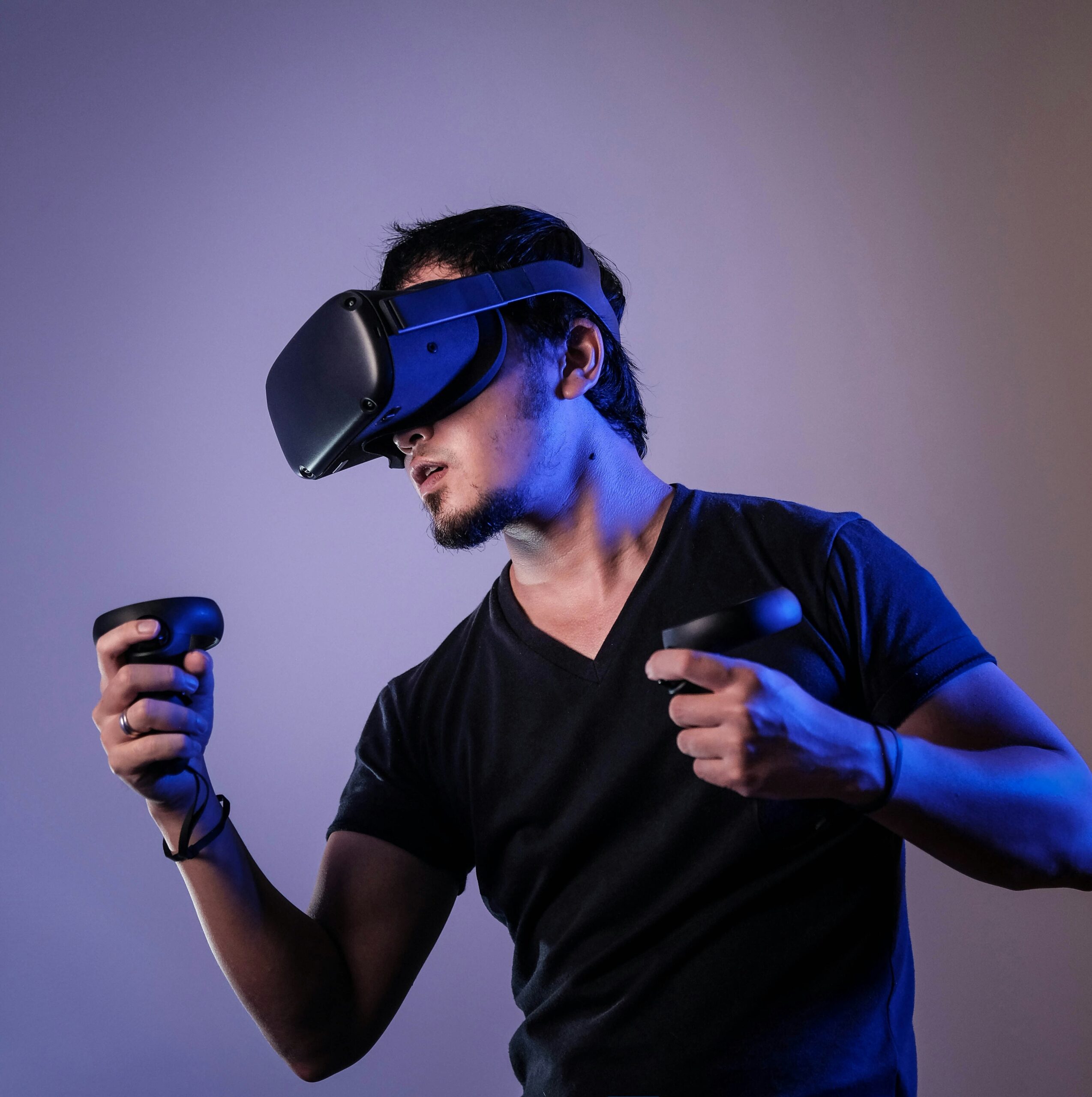Music has always been a powerful form of expression, capturing the essence of human emotions and experiences. Over the years, the music industry has witnessed significant advancements in technology, revolutionizing the way music is created, produced, and consumed. One such technological advancement that has recently gained momentum is the use of Artificial Intelligence (AI) in music creation.
AI, with its ability to analyze vast amounts of data and learn patterns, has found its way into the music industry, promising to enhance creativity and streamline the production process. However, as with any technological disruption, there are concerns about the potential impact on the artistry and authenticity of music. Some argue that the increased reliance on AI in music creation is leading to the slow demise of the industry as we know it.
The Rise of AI in Music Creation
AI technology has made significant strides in recent years, enabling machines to compose melodies, generate lyrics, and even mimic the style of famous musicians. Companies like OpenAI, Jukedeck, and Amper Music have developed AI-powered platforms that can compose original music based on specific parameters provided by the user.
These AI-generated compositions can be customized to fit various genres and moods, allowing content creators, filmmakers, and advertisers to access affordable and royalty-free music. While this may seem like a convenient solution, it raises concerns about the originality and uniqueness of the music being produced.
The Impact on Musicians and the Industry
As AI-generated music gains popularity, traditional musicians and composers are facing new challenges. One of the main concerns is the potential loss of job opportunities and income. With AI capable of producing music quickly and cost-effectively, there is a growing fear that musicians may be replaced by machines.
Additionally, AI-generated music lacks the emotional depth and artistic interpretation that comes from human experiences. While AI can analyze patterns and create music that aligns with popular trends, it often fails to capture the nuances and subtleties that make music truly captivating. This raises questions about the long-term impact on the quality and authenticity of the music being produced.
Notable Examples of AI’s Impact
Several companies and musicians have already felt the effects of AI in the music industry. One of the most well-known examples is the album “Hello World” by the artist SKYGGE. The entire album was composed and produced using AI technology, showcasing the potential for AI to create music that is indistinguishable from human compositions.
Another notable example is the AI-generated song “Daddy’s Car” by Flow Machines. This song was created using AI algorithms that analyzed a vast database of pop songs to generate an original composition in the style of The Beatles. While the song received positive feedback, it also sparked debates about the role of AI in music creation.
The Future of Music and AI
While the rise of AI in music creation may raise concerns about the future of the industry, it is important to recognize the potential benefits that technology brings. AI can assist musicians and composers by providing new tools for inspiration, aiding in the creative process, and offering innovative ways to engage with audiences.
Furthermore, AI can help democratize music creation, allowing aspiring artists with limited resources to access tools and platforms that were previously out of reach. This can lead to a more diverse and inclusive music landscape, where talent and creativity can thrive regardless of financial constraints.
However, it is crucial to find a balance between the use of AI and preserving the essence of human artistry in music. The industry should prioritize collaborations between AI and musicians, using technology as a tool to enhance creativity rather than replace it.
Conclusion
The increasing use of AI in music creation has undoubtedly sparked debates about the future of the industry. While AI technology offers exciting possibilities, it also raises concerns about the authenticity and uniqueness of the music being produced.
As musicians and industry professionals navigate this evolving landscape, it is crucial to find ways to embrace AI while preserving the essence of human creativity. By striking a balance between technology and artistry, the music industry can continue to evolve and thrive in the digital age.

Brixton Wu